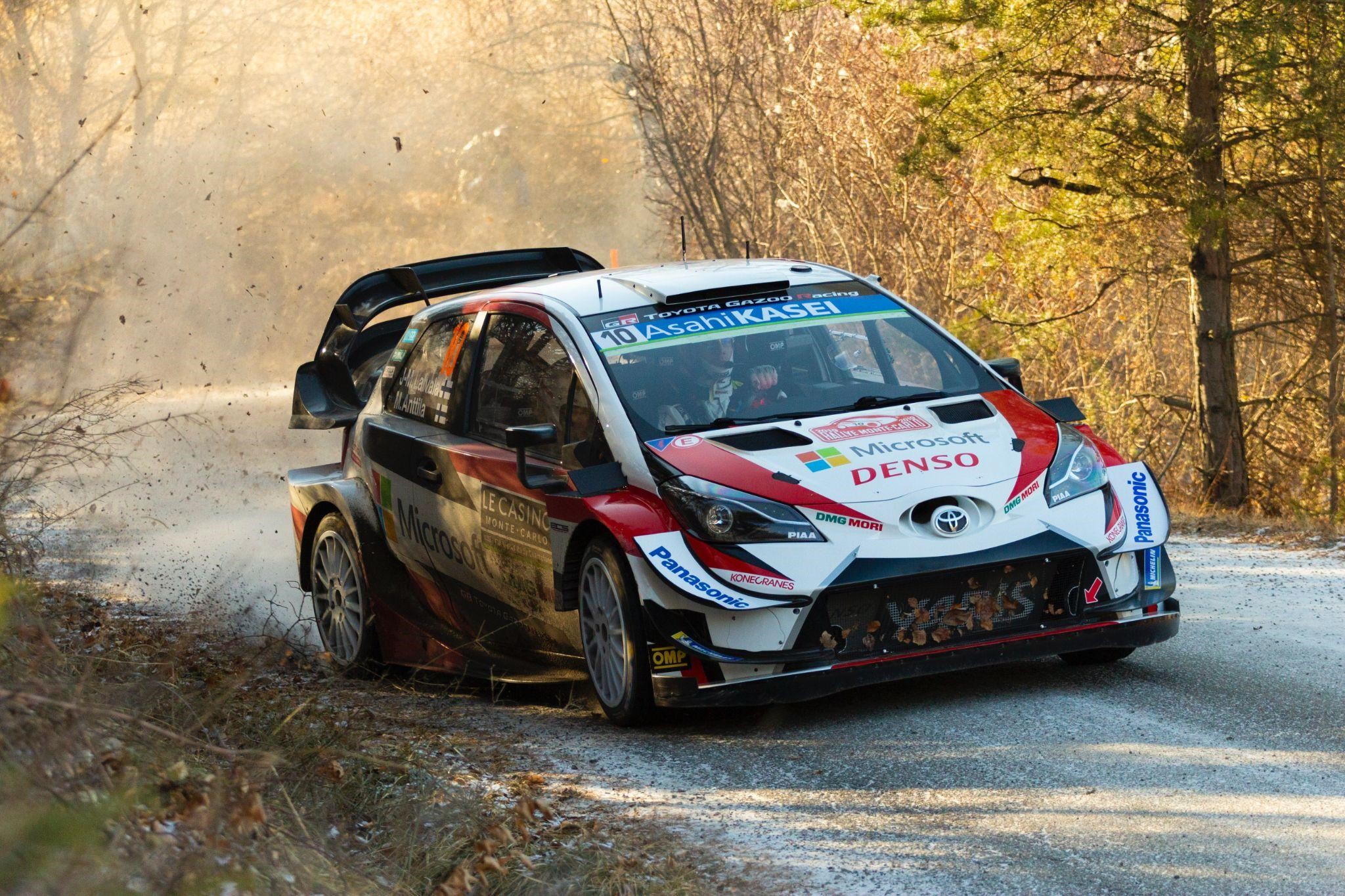Digital Trophies Award on Polygon Blockchain to Race Winners by Toyota GR Cup
The Toyota GR Cup, a North American racing series organised by Toyota Gazoo Racing, is going high-tech to deepen its involvement in blockchain technology. In an innovative move to celebrate winners, Toyota GR Cup intends to award race winners with digital trophies issued on the Polygon blockchain.
According to the press release in August 2023, the Toyota GR Cup series created personalised digital trophies that display driver statistics, podium finishes, finishing positions and lap times in a sharable package that updates after every race weekend. On top of that, the ledger will include detailed information about the driver’s performance. For over 65 years, Toyota has solidified its position as an integral part of the cultural landscape through its commitment to sustainable and next-generation mobility.
Views on the Matter
According to the Executive Commercial Director for Toyota Racing Development (TRD), Jack Irving elaborated on the rationale behind the program and its main aim to put driver’s accomplishments on the chain so that fans can interact with them. Irving noted, “Blockchain helps us keep a permanent digital record of driver’s achievements that they can share with their friends, family and fans. It also allows us to develop new opportunities to introduce race fans to our partners.”
TCNA Technical Program Manager Tim Muttitt highlighted that they wanted to push boundaries of what the driver experience means with the GR Cup Series, and the digital trophy program makes it possible. Blockchain technology enables that and keeps it authentic, as the GR Cup Series is designed to focus on the talent behind the wheel and allow greater visibility via this unique technology.
This digital move shows Toyota’s commitment to making the races more fan-centric and interactive. In an approach similar to the gameplay arc of many of the most popular current racing video games, the real-world GR Cup orders all drivers to start with a standard vehicle, specifically a Toyota GR86 featuring only factory-available options. From there, the car is sent to a TRD garage, where it’s equipped with official Toyota racing gear. This ensures all drivers have a level playing field when the race starts, as their hardware is standardised across the grid.
Toyota’s Timeline in the Crypto Space
Toyota’s involvement in the blockchain environment dates back to 2016 when the company joined the R3 Consortium, committed to researching and developing blockchain technologies, according to experts at Bitai Method. CEO and Global Chief Officer for Strategic Innovation at Toyota Financial Services, Chris Ballinger, highlighted that the collaboration between Toyota and R3 was beyond finance. The additional applications of technology in auto manufacturing and sales would benefit users by making mobility more available and affordable. The company welcomed the opportunity to present the development and advancement of the R3 ecosystem.
The partnership between Toyota Financial Services and the consortium was undoubtedly valuable as it increased the chances of other players from the industry following the example. Ballinger emphasised that the company was excited to partner with the R3CEV consortium to advance distributed ledger technology in finance and beyond. The technology was believed to lower costs, increase capability and make auto finance more transparent for users. The CEO of R3, David Rutter, mentioned that they were excited to collaborate with Toyota Financial Services in their ever-growing network of non-bank institutions.
The possibility to revolutionise the infrastructure used by all participants in financial markets is held by distributed and shared ledger-inspired technology. R3 has continued to diversify their member base to reflect the interests of companies across the sell and buy side. In March 2020, Toyota revealed its blockchain lab, established in April 2019. The move comprised six Toyota Group companies aimed at exploring the future of the automotive industry.
According to the report, Toyota intended to position the group’s target towards becoming a more holistic mobility firm in blockchain technology by providing a wide-range transportation-related platform. The company planned to use Blockchain to develop a space where users could connect more openly and securely with the firms that provide them with services.
Toyota Blockchain Lab carried out investigative research and trial projects which ended in November 2019. In February 2023, Toyota Motor collaborated with Astar Network, a Japan-based layer-1 blockchain, to host its first Web3 hackathon focused on developing s Decentralised Autonomous Organisation (DAO) that act as a support tool for in-house projects.
The Founder of Astar Network, Sota Watanabe, expressed excitement towards the blockchain integration with Toyota aimed at developing the first PoC DAO tool for Toyota‘s employees. Watanabe said, “Needless to say, Toyota is the largest company in Japan and one of the world’s leading international companies. We are excited to host the Web3 Hackathon on Astar with Toyota.” Watanabe added, “Sometime in the future, I think we will see blockchain integration in cars. We are still in the exploratory stage today but very excited about the various possibilities.” It is still unclear whether fans can interact directly with digital trophies or if the company plans to mint digital collectables.
The move by Toyota to record and celebrate racing achievements on the Polygon blockchain symbolises a link between cutting-edge technology and traditional motorsport. This collaboration highlights the hope to add a new layer of excitement and engagement for racers and fans.

